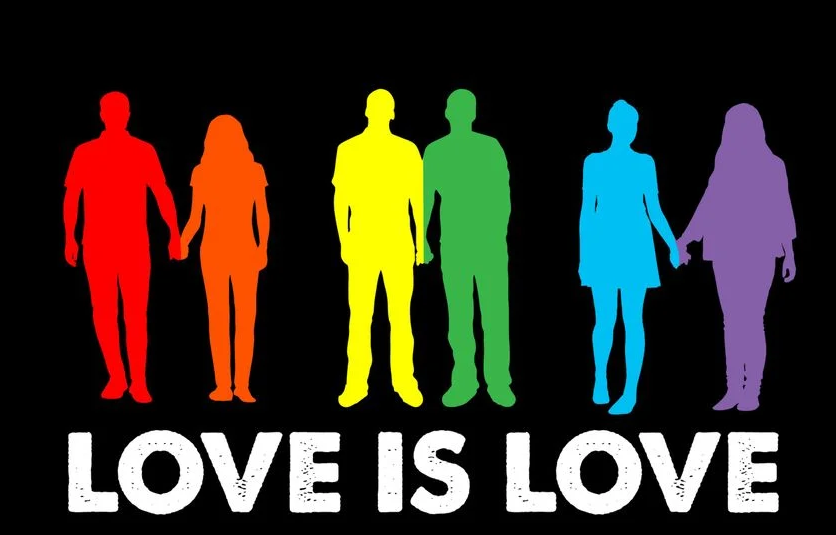The recent determination by the Supreme Court that the Bill to decriminalise homosexuality in Sri Lanka is not inconsistent with the country’s Constitution is a major step forward for human rights and equality in the country.
Speaker Mahinda Yapa Abeywardena on Tuesday (9) announced to Parliament that the Supreme Court informed him that the Bill named Penal Code (Amendment) which was challenged in the Supreme Court in terms of Article 121(1) of the Constitution was not inconsistent with the Constitution.
The Bill was presented to the House by Sri Lanka Podujana Peramuna (SLPP) MP Premnath C. Dolawatte as a Private Member’s Bill. It later received Cabinet approval and was published in the Government Gazette.
For too long, Sri Lanka has clung to outdated colonial-era laws that criminalise same-sex sexual activity, contributing to a culture of discrimination and marginalisation against the country’s LGBT+ community. The Supreme Court’s decision recognises that these laws are a violation of human rights and a barrier to full inclusion and equality for all Sri Lankans.
The decriminalisation of homosexuality in Sri Lanka is long overdue. Criminalising same-sex sexual activity not only violates the rights of LGBT+ individuals, but it also has negative consequences for public health and contributes to a culture of fear and intolerance.
Under Sri Lankan law, same-sex sexual activity is prohibited under Sections 365 and 365A of the Penal Code, which criminalises ‘carnal intercourse against the order of nature’ and is punishable by up to 10 years in prison. This law is a remnant of Sri Lanka’s colonial past, and it has been widely criticised by human rights organisations for violating the rights of LGBT+ people and contributing to a culture of discrimination and stigma.
The criminalisation of homosexuality in Sri Lanka has significant negative impacts on the country’s LGBT+ community.
Furthermore, criminalising homosexuality has led to harassment, abuse, and violence against people who are LGBTQ+. In many cases, such actions are condoned or even encouraged by law enforcement authorities, which can create a climate of fear and intimidation.
In addition to being a violation of human rights, criminalising homosexuality can also have negative consequences for public health. When homosexuality is illegal, it can drive people underground, making it harder to provide them with education, prevention, and treatment services for sexually transmitted infections, including HIV. This also can contribute to the stigmatisation of people who are LGBTQ+ and make them less likely to access healthcare services, further exacerbating health inequalities
Decriminalising homosexuality is important in democratic countries because it upholds the principles of equality, dignity, and human rights for all individuals. When a country criminalises homosexuality, it creates a culture of discrimination and intolerance, which undermines the values of a democratic society.
Decriminalising homosexuality, on the other hand, can help to promote acceptance and tolerance for people who are LGBTQ+, leading to greater inclusion and diversity in society. It also can promote better public health outcomes and reduce violence and discrimination against LGBTQ+ individuals. Ultimately, decriminalising homosexuality is a critical step in creating a more just and equitable society for all.
There have been efforts by LGBTQ+ activists and human rights organisations to decriminalise homosexuality in Sri Lanka. Unfortunately, owing to misogynistic mind-sets in society overall and the pressure of religious systems in the country, those attempts were futile throughout the past years.
The Supreme Court’s determination is a significant milestone, but there is still much work to be done to ensure that LGBTQ+ individuals in Sri Lanka are fully protected and able to live their lives without fear of discrimination or persecution. It is now up to Sri Lanka’s Parliament to pass the Bill and ensure that the country’s laws are brought in line with international human rights standards.
As a nation, we must stand up for the rights of all our citizens and work to create a more just and equitable society for everyone. With the Supreme Court’s determination, now the Bill can be passed with a simple majority in Parliament. We urge Sri Lanka’s lawmakers to take action to pass the Bill to decriminalise homosexuality and send a clear message that discrimination and intolerance have no place in our country.
